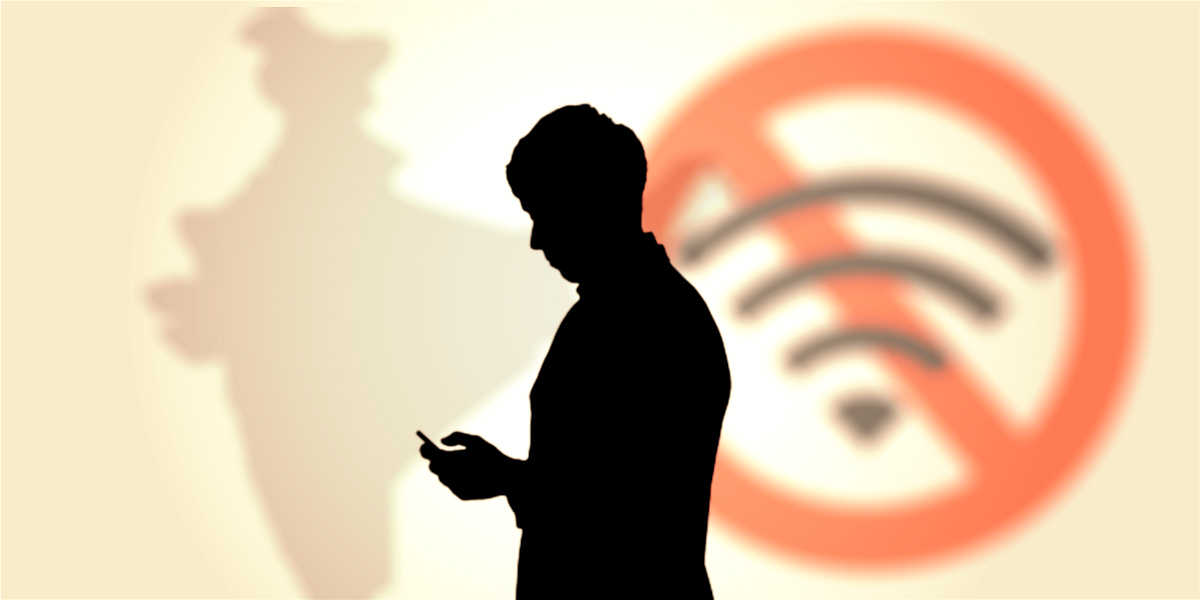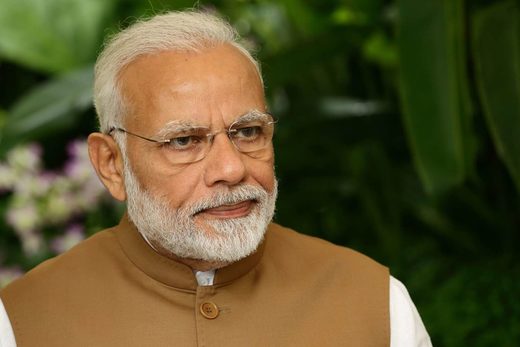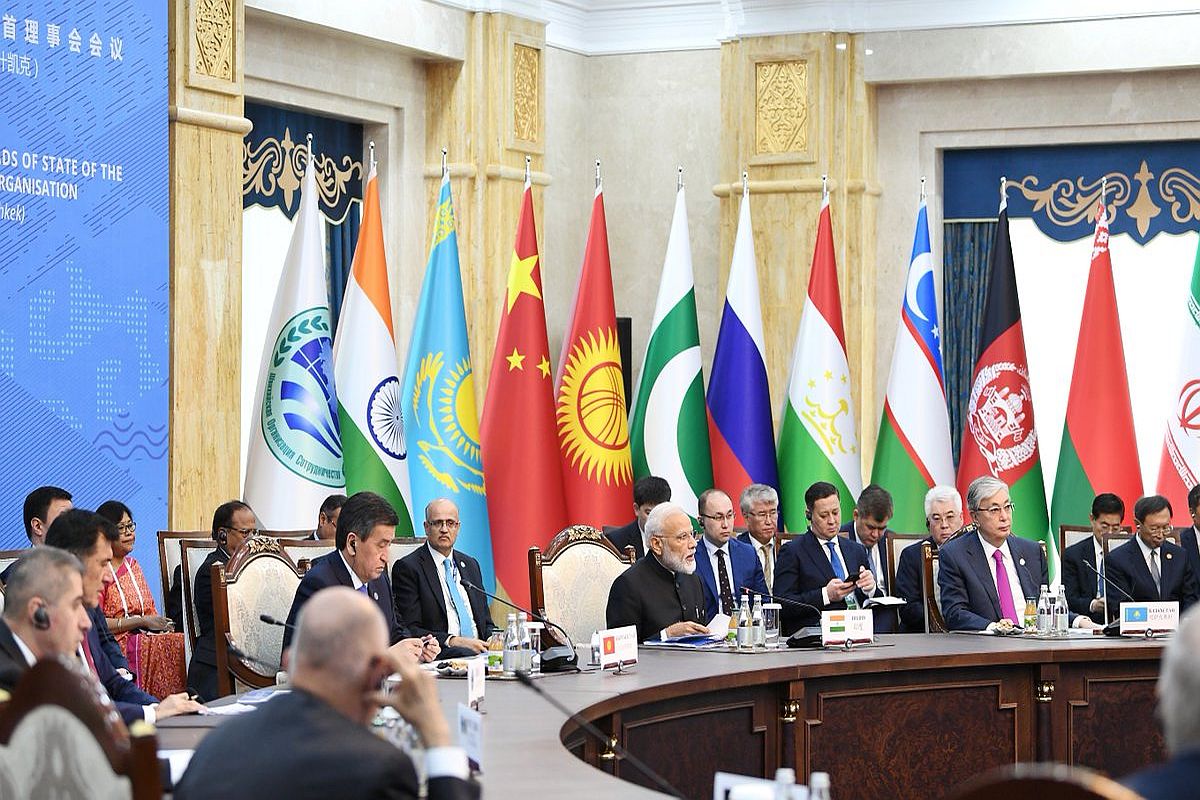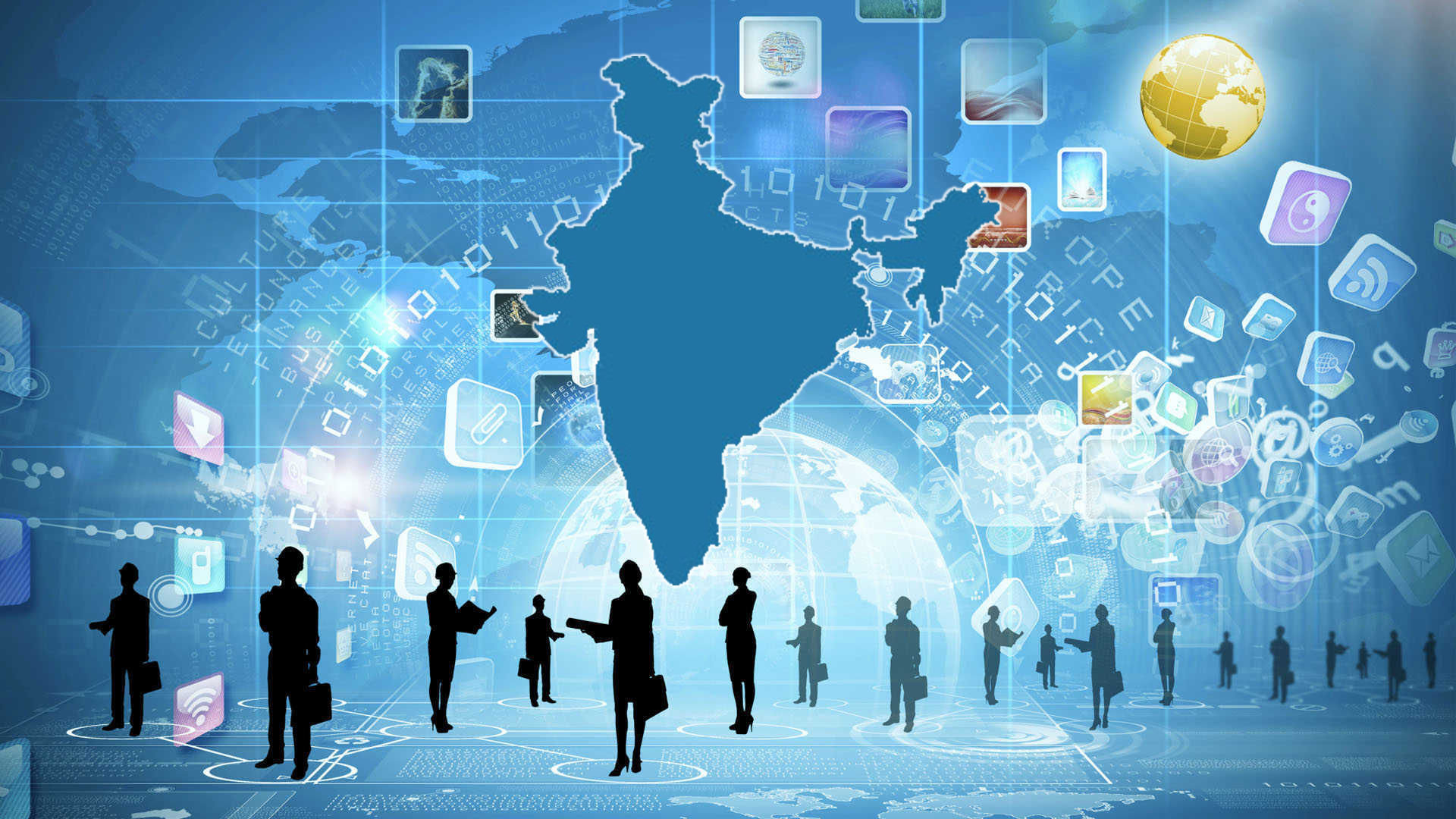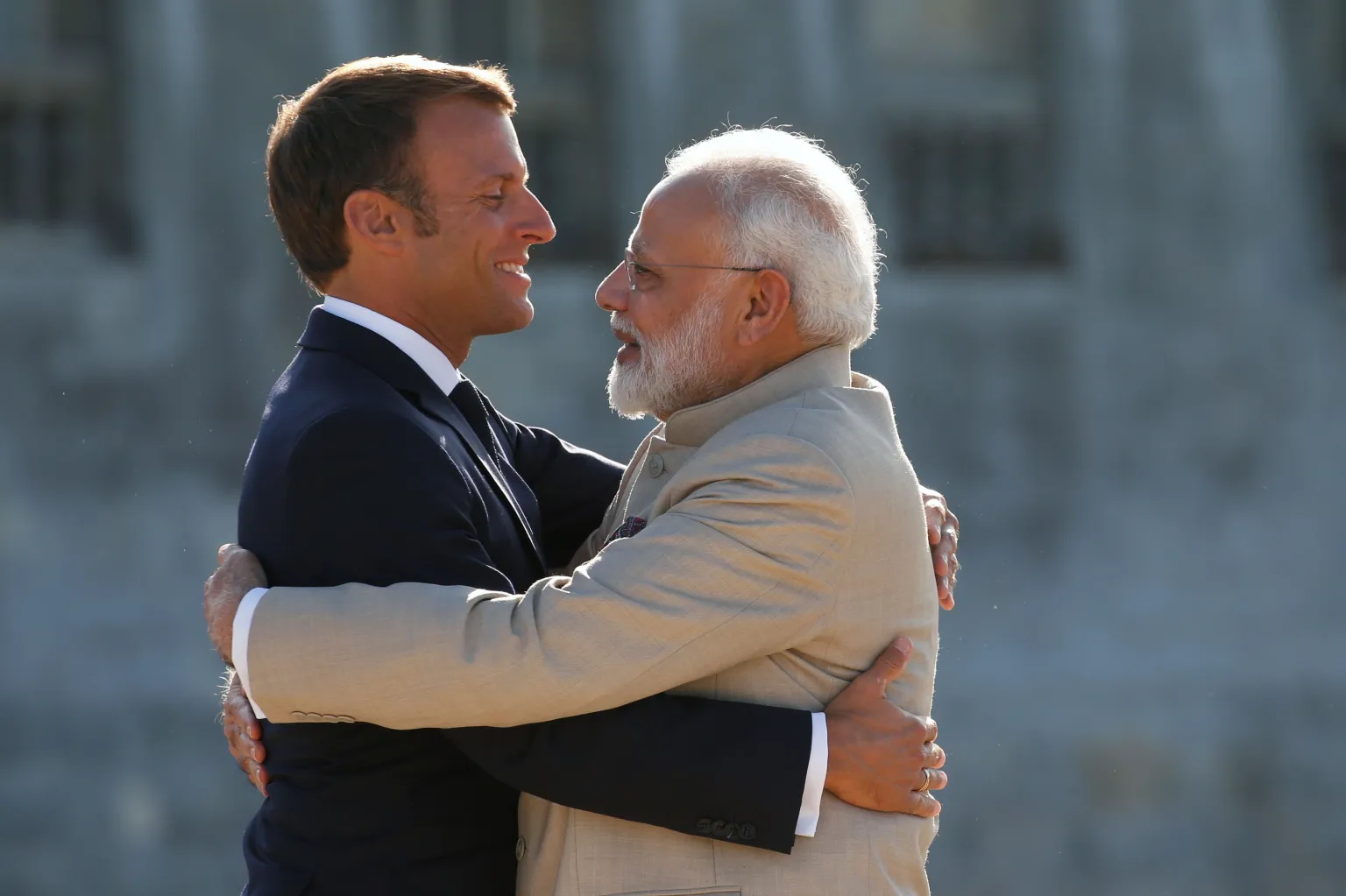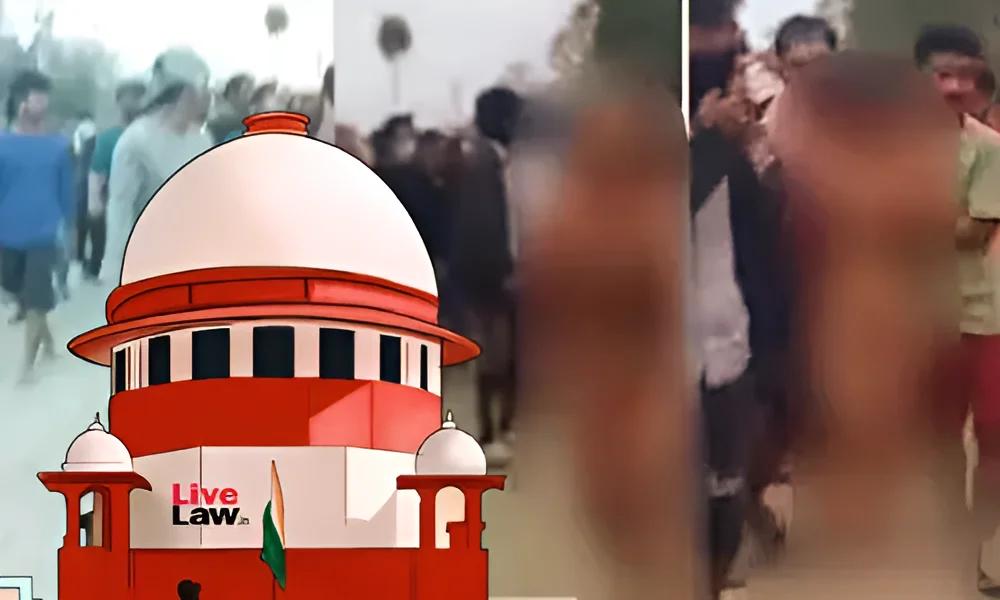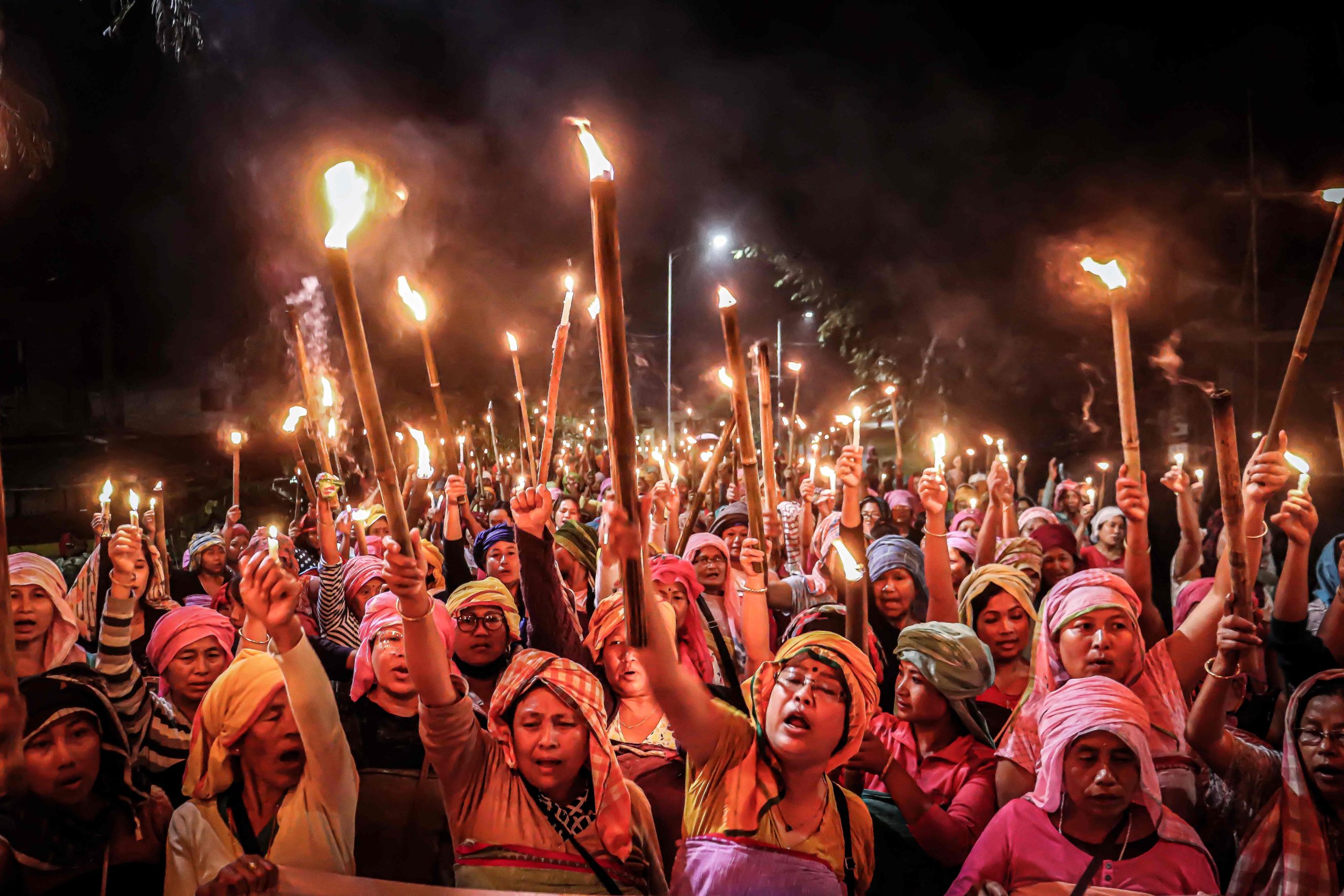The internet has radically changed the ways in which we engage with one another, acquire information, do business, and go about our everyday lives. The internet has grown significantly in importance in India, promoting social, economic, and technical improvements. The delivery of public services has changed thanks to the internet, which has also helped India’s digital governance. Citizens may access a variety of government services online thanks to e-governance efforts, which cut down on red tape and improved productivity. Public services are now more easily accessible, transparent, and accountable thanks to platforms like Digital India, e-Ticketing, and Aadhaar that have expedited operations. Through online voting, public discussions, and access to government information, the internet has also given individuals more power to take part in democratic processes.
As much as it all sounds like La La Land, we also have examples like Manipur’s internet outage, which has resulted in a cataclysmic disaster. The administration’s tired strategy, which views cutting off internet access as the quickest way to save Manipur from the cliff’s edge, has dealt the violent state a devastating blow.
The Kerala government took a risky move five years ago when it declared access to the internet to be a fundamental human right and made it plain that it intended to provide internet service to every home. In response to this, the state last month unveiled K-FON (Kerala Fibre Optic Initiative), an ambitious initiative focused on the general public and designed to offer high-speed internet to the underprivileged for free and to others at reasonable prices. It is the nation’s first enterprise of its sort.
There have been a number of important rulings, including one from the Supreme Court in Anuradha Bhasin v. Union of India (2020), which emphasised the critical role that the internet plays in many aspects of life and livelihood. Despite the unanimous advice of the Parliamentary Standing Committee on Communications and Information Technology in this matter, many governments have been implementing internet shutdowns with little regard for them.
Different regions of the nation experience the suspension of internet services on an annual basis. There have been over three dozen similar incidents this year alone, with Manipur being the most recent.
A recent trip to the violently divided Manipur exposed the crushing effects of internet outages, which have been seen by the populace as a second catastrophe. The internet void has been draining the whole population, both on the plains and in the mountains. The state’s socioeconomic problems have gotten worse as a result. Economic activity has completely stopped. Even the isolated homes that depended on the internet to be linked for their daily requirements appear to have lost their way. The administration constantly hides behind the lie that imposing military forces and suspending the internet would restore order to a region plagued by violence. Such hasty remedies have never been successful in India’s history and have instead had the opposite effect. In the case of Manipur, malicious rumours have been spreading, and the absence of the internet has turned the country into a haven for false information and propaganda. The government is never aware that it will ultimately suffer as a result of its own poor choices.
If the internet had been used wisely, there would have been easy ways to spread information that would have cleared the air and put any doubts to rest. Ironically, governments have never tried to evaluate the disastrous effects, much less study the financial loss. Industry sources have calculated a conservative loss of close to Rs 40,000 crore over the past three years as a result of more than 16,000 hours of nationwide internet outages. However, the effects go well beyond economics and have the ability to influence even routine, every-day activities. The loss of commerce is real, but official reports make almost no mention of the catastrophic effects on knowledge, health, entertainment, or other elements of life. The Union government frequently touts its successes in transforming India into a major digital centre, but it also uses internet censorship as the quickest response to violent incidents.
The subject of frequent internet outages was thoroughly discussed a few years ago by the Parliamentary Standing Committee on Communications and Information Technology, of which this writer is a member. The Standing Committee presented its report to Parliament on “Suspension of telecom services/internet and its impact” on December 1, 2021. In it, it made numerous recommendations to the Department of Telecommunications and Ministry of Home Affairs, including changes to the regulatory framework, oversight mechanisms, transparency, and the requirement for stakeholder consultation. However, the departments’ implementation of these proposals has shown a weak approach.
The standing committee was shocked to see that none of the ministries have records of regular internet outages occurring at various locations around the nation. Additionally, it was discovered that shutdowns are also carried out under Section 144 of the Criminal Procedure Code, which only requires clearance from an authority as low as a Tehsildar, despite the existence of the new Temporary Suspension of Telecom Services (Public Emergency and Public Safety Rules, 2017). There was a problem since Section 144 CrPC was not included in the Telecom Rules that were published in 2017.
On February 9, 2023, the committee presented its Action Taken Report to Parliament, expressing its disappointment with the departments’ refusal to adopt its prior recommendations. A uniform set of standard operating procedures and guidelines were created; judges were included on the review committee; a due process for initiating shutdowns was established; and—most crucially—a centralised database for these internet shutdowns was maintained.
The Supreme Court and other high courts, in addition to the Standing Committee, have discussed the significance of the internet and provided guidelines and instructions in a series of judgements. In a significant ruling issued in September 2019, the Kerala High Court determined that the right to internet access is a basic right. The court construed the scope of the right to the internet to include a number of fundamental rights, such as the right to privacy and the right to education. When the world has acknowledged the internet as a fundamental human right, we have no right to force our people into a pre-information period. The saying “Sunlight is the best disinfectant” is true, and the internet may be used to good effect in reducing violence.
In India, the internet has evolved into a crucial instrument for advancement, growth, and emancipation. Its effects cut across industries, reshaping governance, business, communication, and more. In order to close the digital gap, advance inclusion, and guarantee equal opportunity for all, access to the internet is essential. Administrations may need to suspend internet access under some circumstances, but this should not happen at the drop of a hat. The Parliamentary Committee recommended that it be proportional and carried out only after carefully weighing the advantages and disadvantages.
Prioritising measures that increase internet infrastructure, boost connection, and solve concerns with cost and digital literacy is crucial as India continues to embrace the digital age. India can speed up its transition to a knowledge-driven economy and a society that is digitally empowered by utilising the internet to its full potential.
